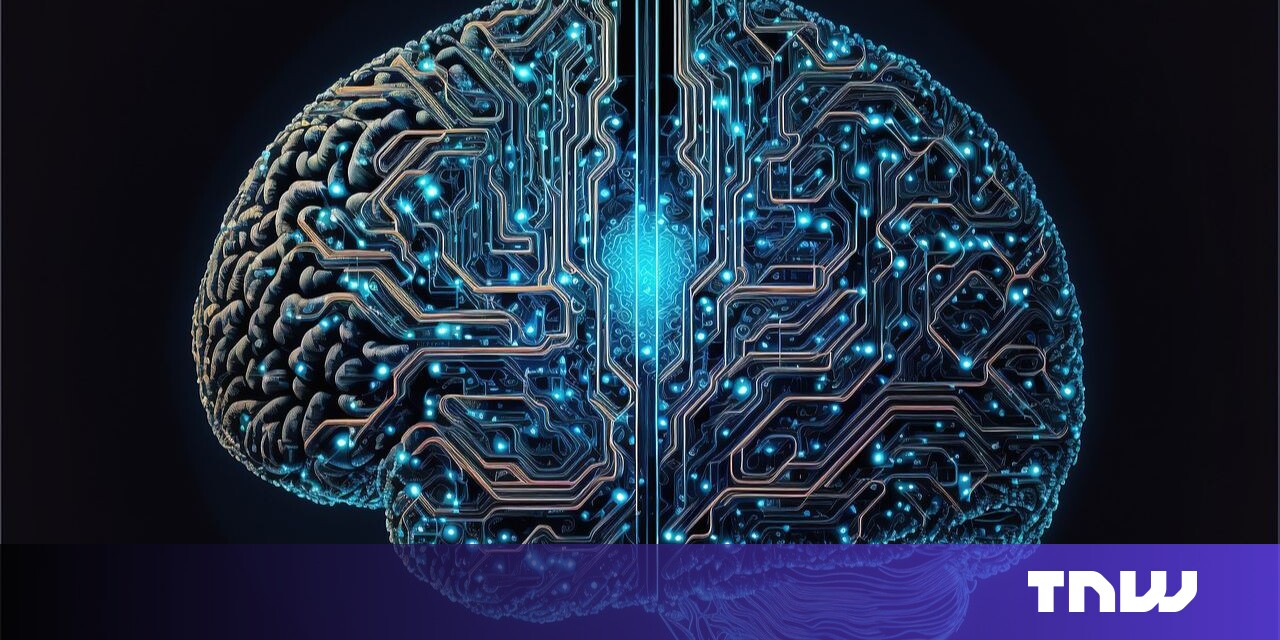MindAffect, a Netherlands-based healthtech startup, has raised €1.1mn to bring its hearing diagnostics technology to market.
A spinout from Radboud University, MindAffect has developed a patented brain computer interface (BCI) technology, which enables diagnosis of hearing impairments using brain signals.
The startup aims to provide a more equitable testing solution that specifically caters for hard-to-test patients, such as children, the elderly, and people with disabilities.
Current methods, such as pure-tone or speech testing, depend on the constant responses of patients. But this can be challenging or ineffective for individuals who are unable to communicate due to age or disability — resulting in underdiagnosis.
Unaddressed hearing impairments can have serious consequences for both patients and the society, from mental health issues to high healthcare costs
“Hearing loss profoundly impacts every facet of life,” MindAffect’s CEO Jennifer Goodall said in a statement.
“For children, this means risks of poor educational and social development; for the elderly, increased isolation and a greater risk of early dementia; and the disabled, fewer opportunities for social inclusion.”
A new hearing diagnostics system
To tackle this issue, MindAffect has combined neuroscience, BCI technology, and AI to develop Aurora, a response-free hearing diagnostics system, which relies on brain stimuli and signals.
Aurora uses a headband that patients wear while listening to soft chirps and watching a silent video for less than 10 minutes. The system reads the brain signals and combines the information with air conduction and bone conduction audiometric threshold tests to make the diagnosis.
MindAffect expects to launch Aurora next year. The company is also working on vision diagnostics for children as well as a solution to monitor work-related stress in demanding visual or auditory environments.
Existing and new investors backed the funding round, including the NLC Health Impact Fund, Barco Limpo, and Wasteland Investments.






